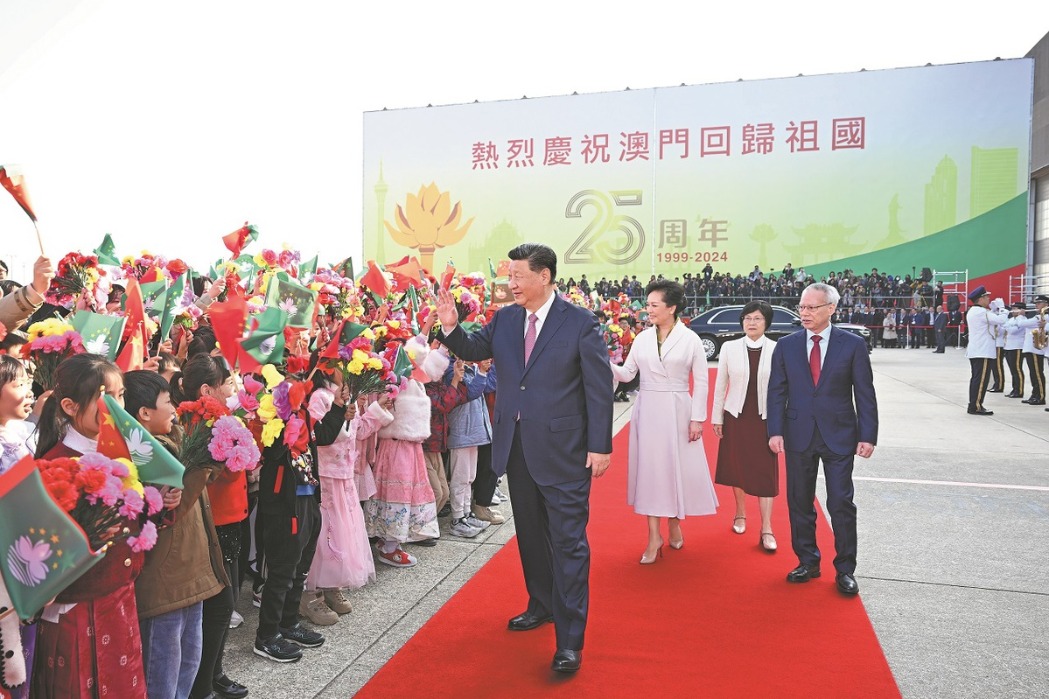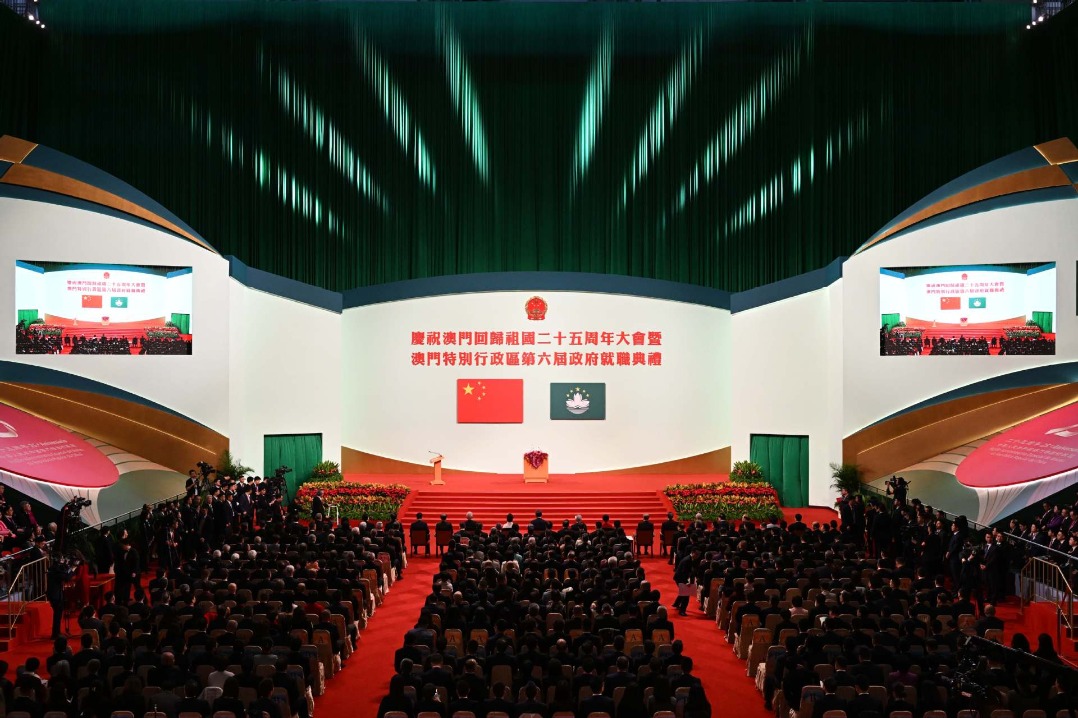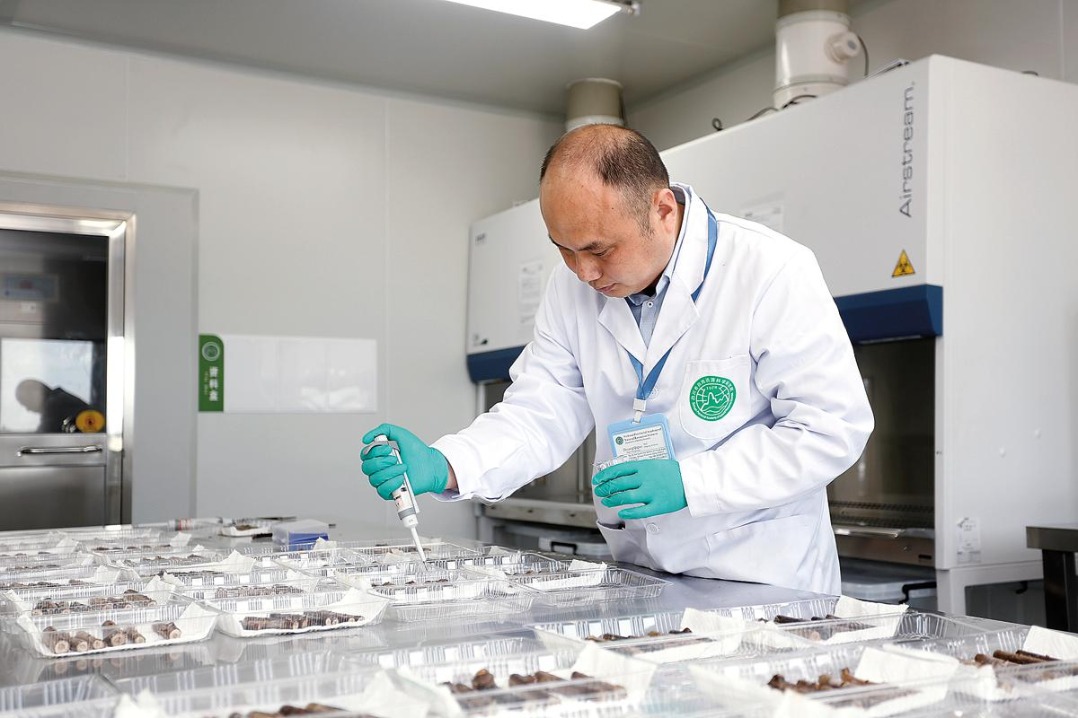State Council refines healthcare

China plans to cultivate a large number of competitive private medical institutions to complete a diversified multilayered healthcare system by 2020, which is expected to meet growing demands for customized services.
The target was set in a guideline that encourages private businesses to provide diversified medical services, which was approved at a State Council executive meeting presided over by Premier Li Keqiang on Wednesday.
Encouraging privately run medical services is vital to developing a prosperous healthcare industry, unleashing the potential for domestic consumption and promoting economic restructuring and upgrading, the guideline said.
The premier stressed that the necessity to develop healthcare industries cannot be overstated. It has great potential as people's lives improve but remains in short supply. The key is to transform governmental functions and further administrative reforms, he said.
As one of the document's seven key elements, the guideline wants private businesses to set up and operate high-quality general clinics to provide customized care services.
Support will be given to the private sector to create competitive institutions with their own branding in fields such as stomatology, or the care of the mouth and related diseases. The advantage of traditional Chinese medicines should be fully utilized to offer services such as TCM-based healthcare and rehabilitative services.
The guideline encourages private medical institutions to provide services featured in advanced medical technologies, as well. Customized services will be enhanced by offering value-added and ancillary services such as long-distance diagnoses. Business models consolidating sectors such as medical services and nursing homes for seniors will be promoted.
The guideline also aims to build a number of cluster areas for healthcare industries that meet high-end demands in and out of China.
The healthcare market will be further opened up by lowering the threshold for access, as private medical institutions will be supported by introducing strategic investors and partners and building ties with public hospitals to boost diversified services, the guideline said.
In addition, the document anticipates foreign investors as partners to establish high-level medical institutions in China through joint ventures and other forms of cooperation. China is open to overseas professionals, medical technologies, management experience and operational models.
Li called for making full use of market dynamics to nurture an environment for different medical institutions to grow, compete and prosper. Private businesses will be encouraged to enhance the supply of healthcare products and services that cater to people's varying demands, he added.
Since the start of a new round of medical reforms in 2009, the State Council has been working to boost enthusiasm and participation of private businesses with a slew of guidelines, including the one to encourage private capital to the healthcare sector in November 2010.
The premier said the central government has emphasized equal treatment for State-owned and private capital. He called for pragmatic measures to invigorate the enthusiasm of private businesses.
- Fallen crane causes collision on Shanghai metro line
- Death anniversary of Canadian surgeon Norman Bethune commemorated in China
- 1,200 punished for misusing school meal program funds
- China's strong opposition against US arm sales to Taiwan
- Yellow River Basin sees improved ecological environment
- GBA turns into dynamic growth engine for new quality productive forces




































